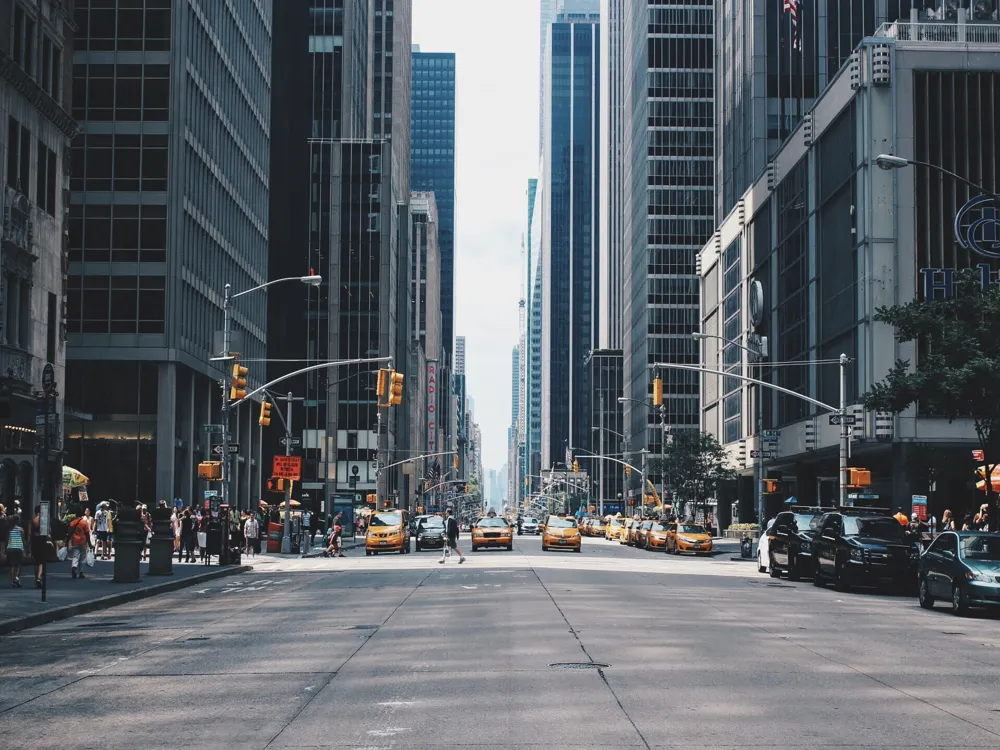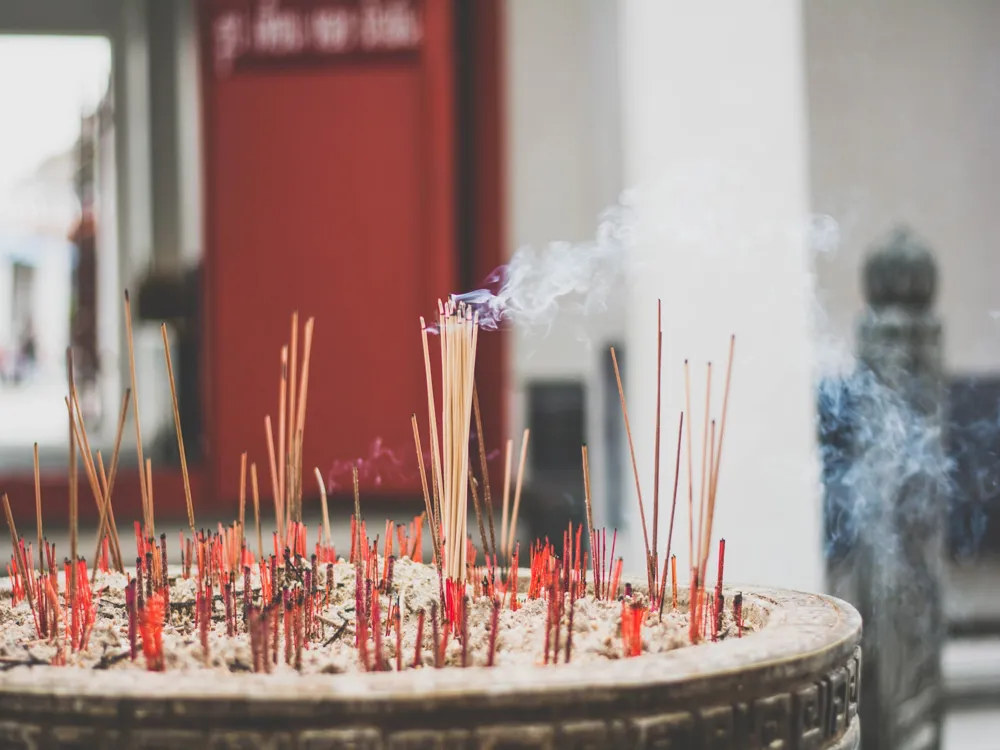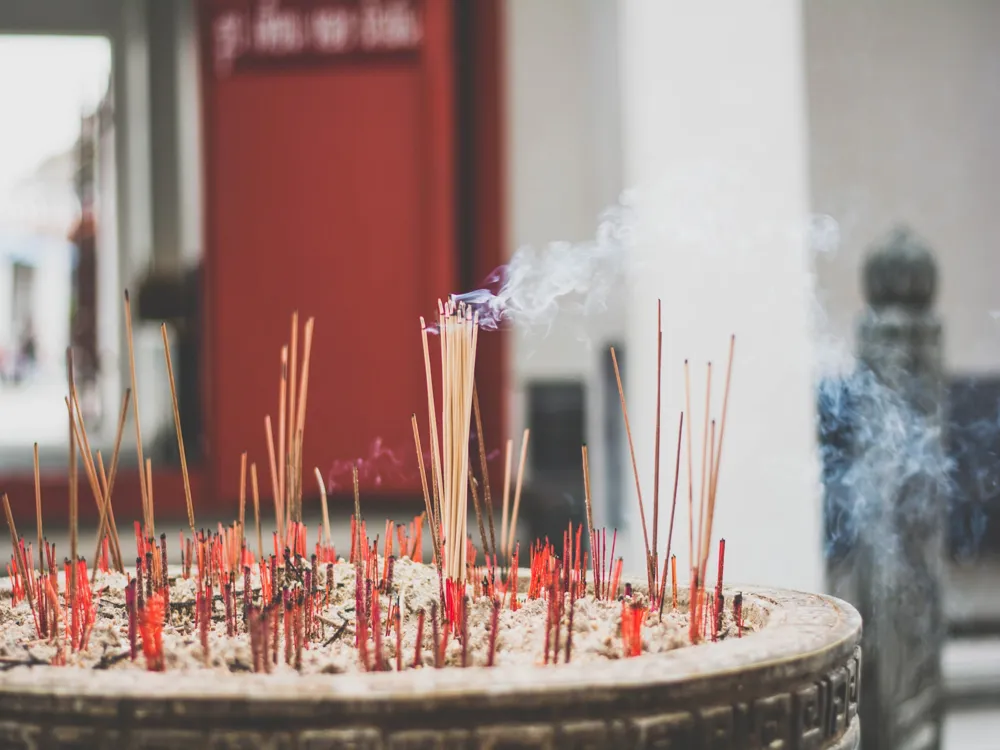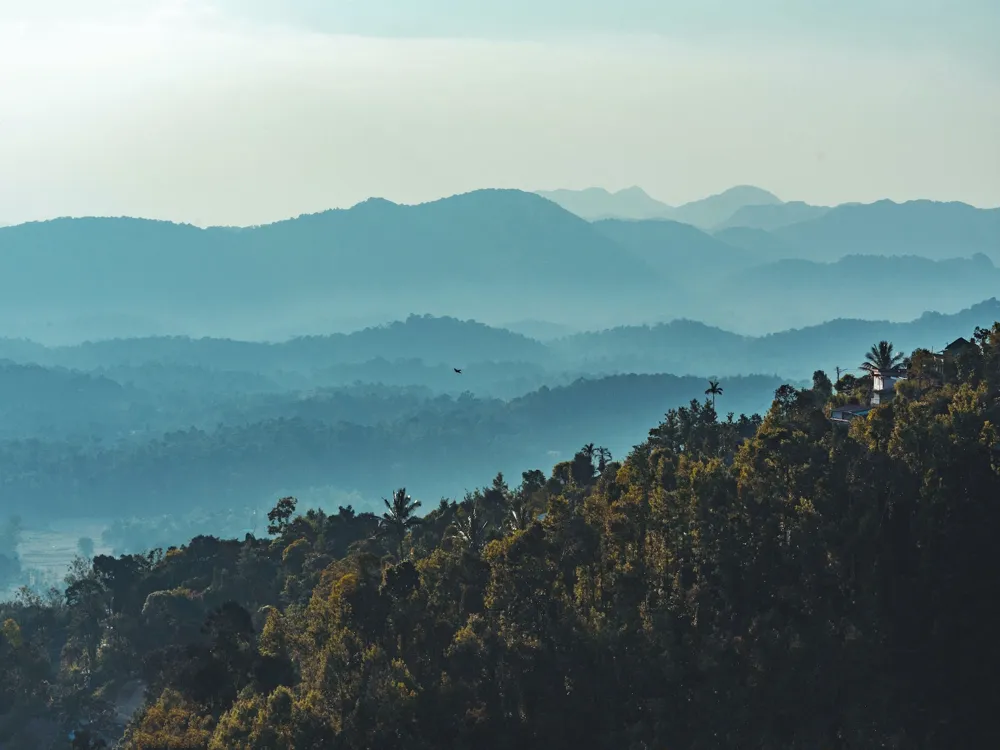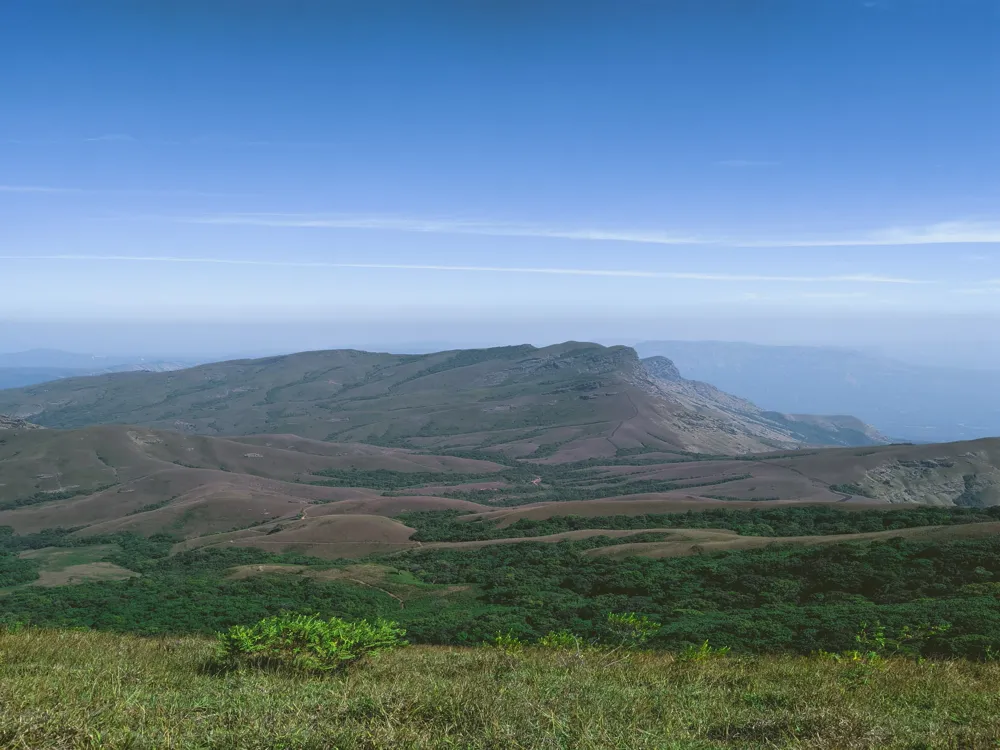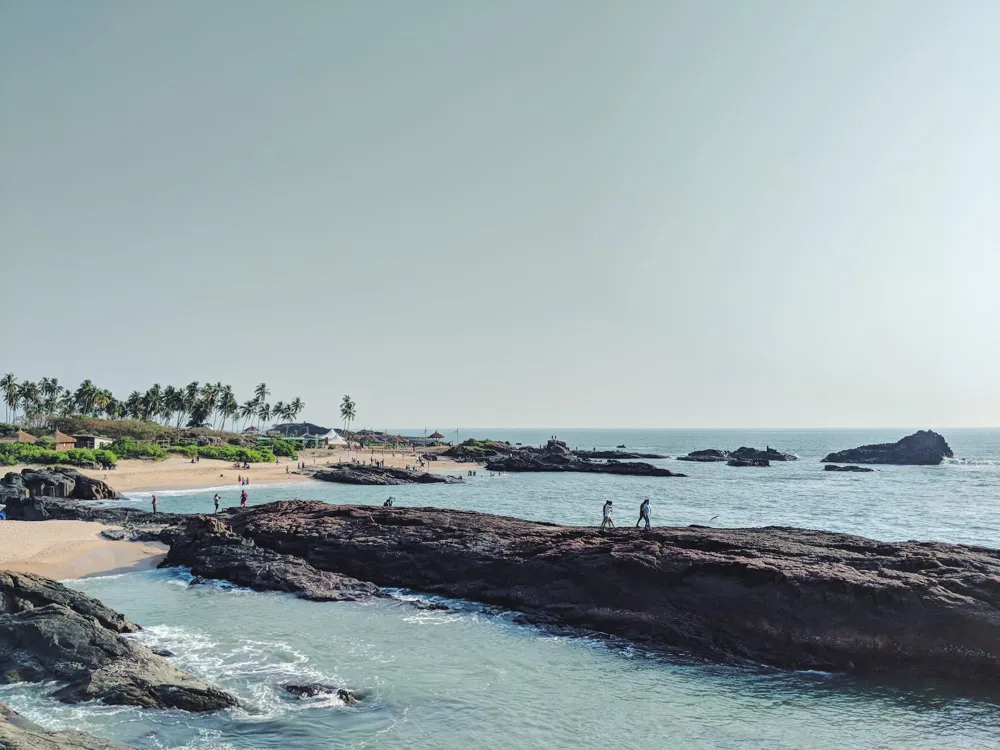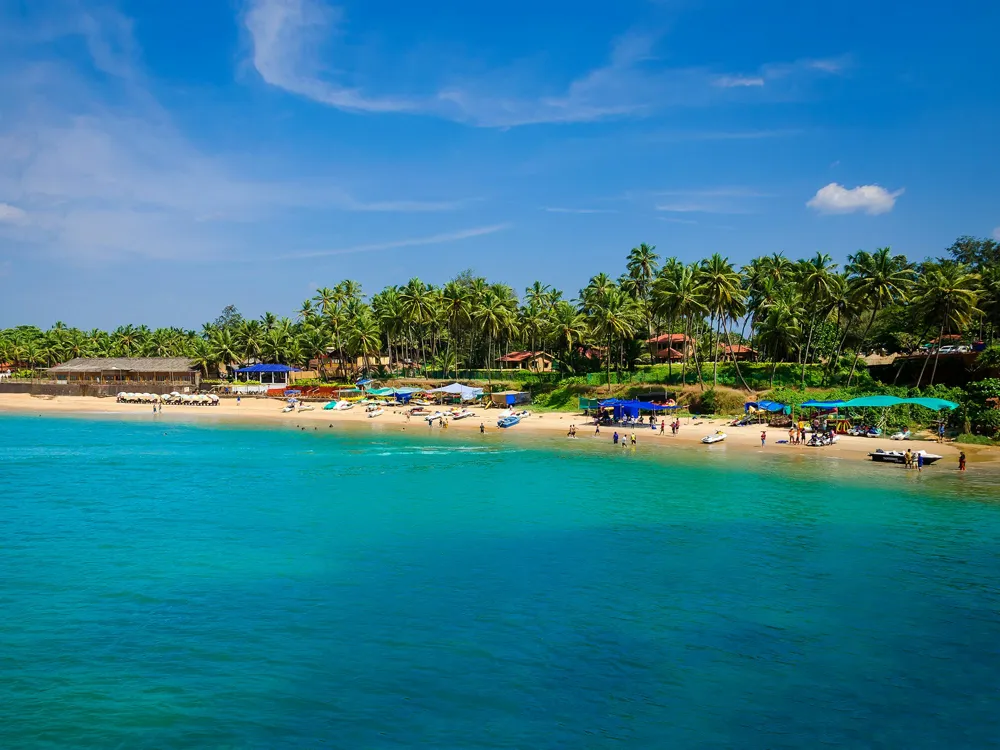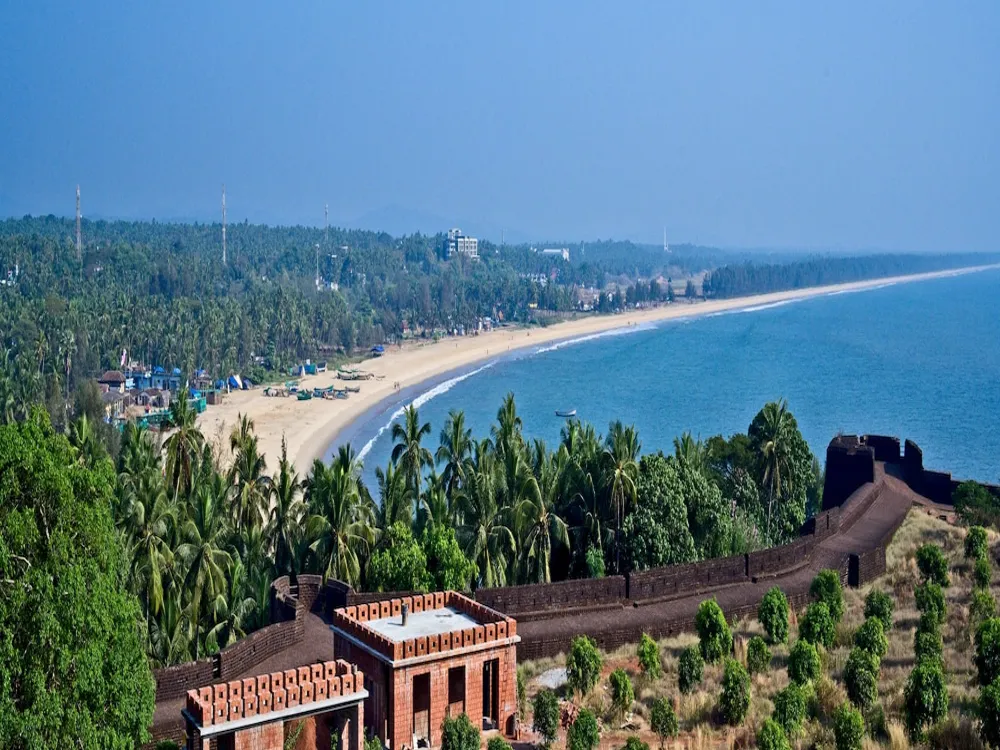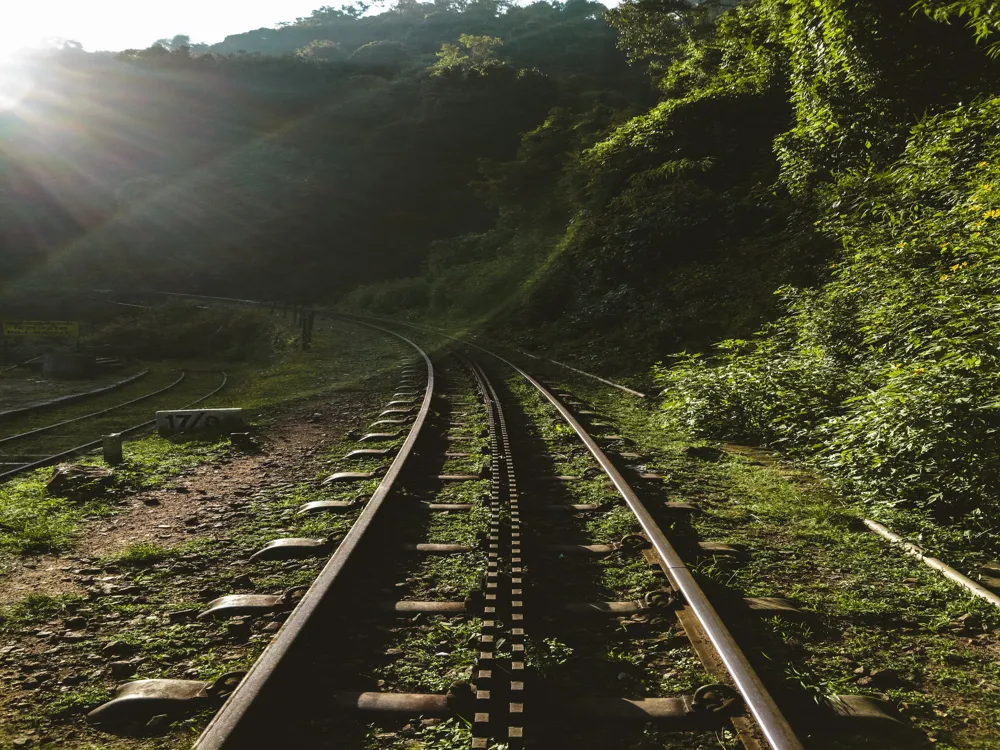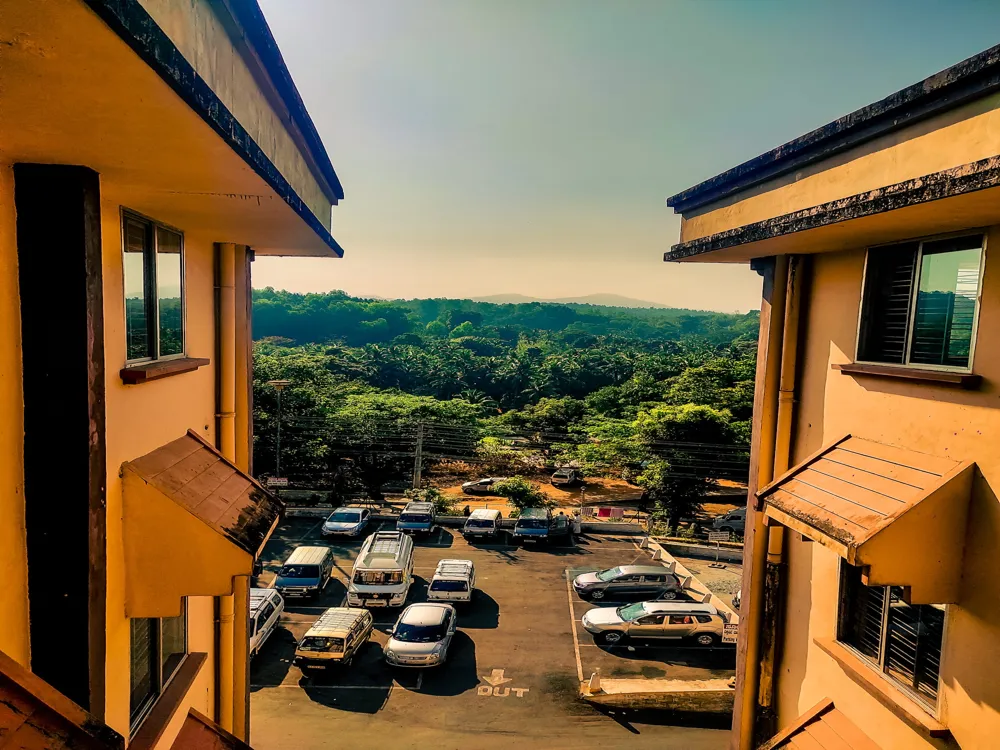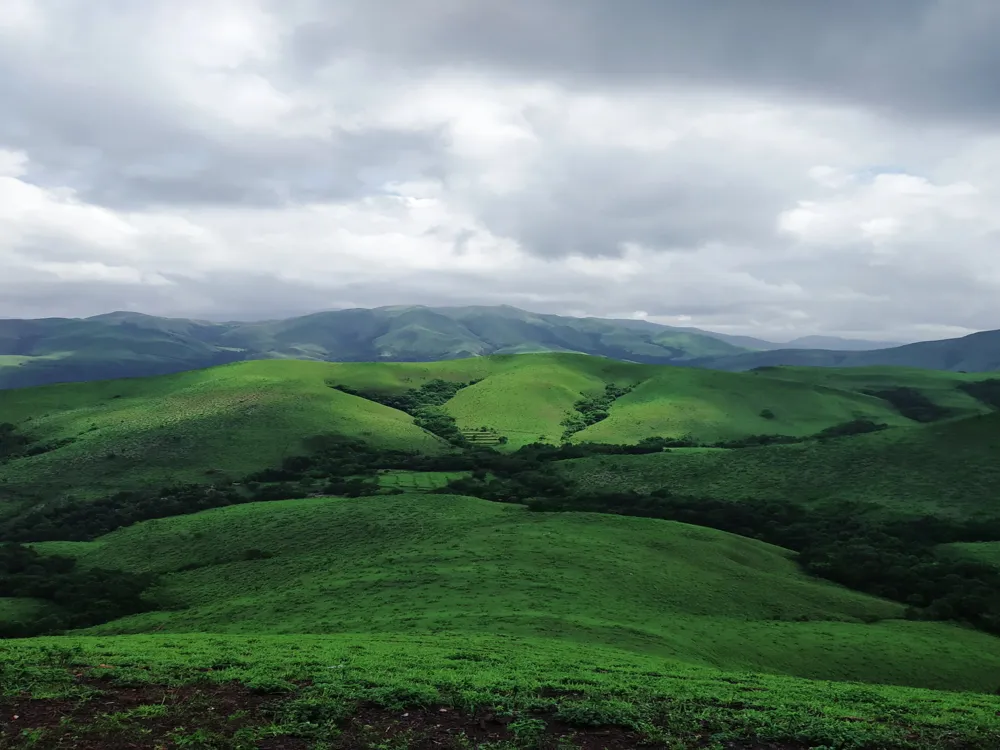The Polali Rajarajeshwari Temple, nestled in the serene surroundings of Mangalore, Karnataka, is a magnificent testament to spiritual and cultural heritage. This temple, dedicated to the goddess Rajarajeshwari, stands as a beacon of religious significance and historical richness. Its origins date back over a thousand years, making it not just a center of worship but also a repository of ancient art and architecture. The deity here, Goddess Rajarajeshwari, is revered as an embodiment of the three principal Hindu goddesses: Saraswati, Lakshmi, and Parvati. The temple's rich history is intertwined with the legends and lore of Hindu mythology, offering a unique glimpse into the spiritual practices and beliefs of the region. The annual festival, celebrated with great fervor, draws thousands of devotees from across India, showcasing the temple's profound impact on the cultural and spiritual landscape. The temple, through its long-standing history, has survived various historical upheavals, standing today as a symbol of resilience and enduring faith. It serves not only as a place of worship but also as a cultural hub, preserving the traditional art forms, music, and dance of Karnataka. This temple's significance extends beyond its religious aspects, serving as a beacon of communal harmony and spiritual solace for people from diverse backgrounds. The architecture of the Polali Rajarajeshwari Temple is a splendid example of the classical Dravidian style, distinguished by its intricate carvings, majestic gopuram (tower), and expansive courtyards. The temple's design reflects the architectural prowess of ancient India, with its harmonious blend of form, function, and spirituality. The main sanctum, housing the deity, is an architectural marvel, adorned with ornate sculptures and elaborate frescoes depicting scenes from Hindu mythology. A unique feature of the temple is its use of clay instead of stone for the primary deity, a rarity in Indian temple architecture. This aspect adds a distinctive charm and historical value to the temple. The outer walls are embellished with a series of sculptures and bas-reliefs, showcasing the skills of ancient artisans. The temple complex also includes subsidiary shrines and a sacred pond, integral to the temple's religious rituals and ceremonies. The temple's vast courtyard is a hub of cultural activities, providing a space for devotees to engage in religious and social gatherings. The intricate craftsmanship visible in the pillars, doorways, and the mandapam (hall) is a testament to the artistic heritage of Karnataka. The use of local materials and traditional construction techniques in the temple's design underscores the ingenuity and resourcefulness of its builders. This architectural masterpiece is not only a place of worship but also a symbol of the rich cultural and artistic heritage of Mangalore. Visitors are advised to dress modestly, adhering to traditional Indian attire. Respectful behavior is expected within the temple premises, and it is recommended to maintain a serene and contemplative environment. It's important to check the temple's opening hours before planning a visit, especially during festivals when timings may vary. Participating in the temple's festivals offers a unique cultural experience. Photography might be restricted in certain areas of the temple. Visitors should look for signs or inquire with temple authorities regarding photography permissions. Visitors should be aware of local customs, including removing shoes before entering the temple and following specific ritual practices if participating in worship. The temple offers facilities like restrooms and drinking water. However, it's advisable to carry essentials, especially during peak hours or festivals. The Polali Rajarajeshwari Temple is well-connected and easily accessible. The nearest airport is Mangalore International Airport, from which one can hire taxis or use public transport to reach the temple. For those traveling by train, the Mangalore Railway Station is the closest, with many buses and autorickshaws available for temple transit. Additionally, the temple is well-connected by road, with state-run and private buses regularly plying to the temple from various parts of Karnataka. For visitors driving their own vehicles, there is ample parking space available near the temple premises. Read moreOverview of Polali Rajarajeshwari Temple, Mangalore, Karnataka
Architecture of Polali Rajarajeshwari Temple
Tips for Visiting Polali Rajarajeshwari Temple
Dress Code and Conduct
Timing and Festivals
Photography
Local Customs and Etiquette
Facilities and Services
How To Reach Polali Rajarajeshwari Temple
Mangalore Tourism
Best Time to Visit Mangalore
How to Reach Mangalore
Things To Do Mangalore
Polali Rajarajeshwari Temple
Mangalore
Karnataka
NaN onwards
View mangalore Packages
Weather :
Tags : Temple
Timings : 6:00 AM - 9:30 PM
Dress Code : No dress code but it is recommended to wear ethnic wear with dupatta for women.
Men must avoid wearing sleeveless and shorts as well.
Planning a Trip? Ask Your Question
Mangalore Travel Packages
View All Packages For Mangalore
Top Hotel Collections for Mangalore

Private Pool

Luxury Hotels

5-Star Hotels

Pet Friendly
Top Hotels Near Mangalore
Other Top Ranking Places In Mangalore
View All Places To Visit In mangalore
View mangalore Packages
Weather :
Tags : Temple
Timings : 6:00 AM - 9:30 PM
Dress Code : No dress code but it is recommended to wear ethnic wear with dupatta for women.
Men must avoid wearing sleeveless and shorts as well.
Planning a Trip? Ask Your Question
Mangalore Travel Packages
View All Packages For Mangalore
Top Hotel Collections for Mangalore

Private Pool

Luxury Hotels

5-Star Hotels

Pet Friendly








